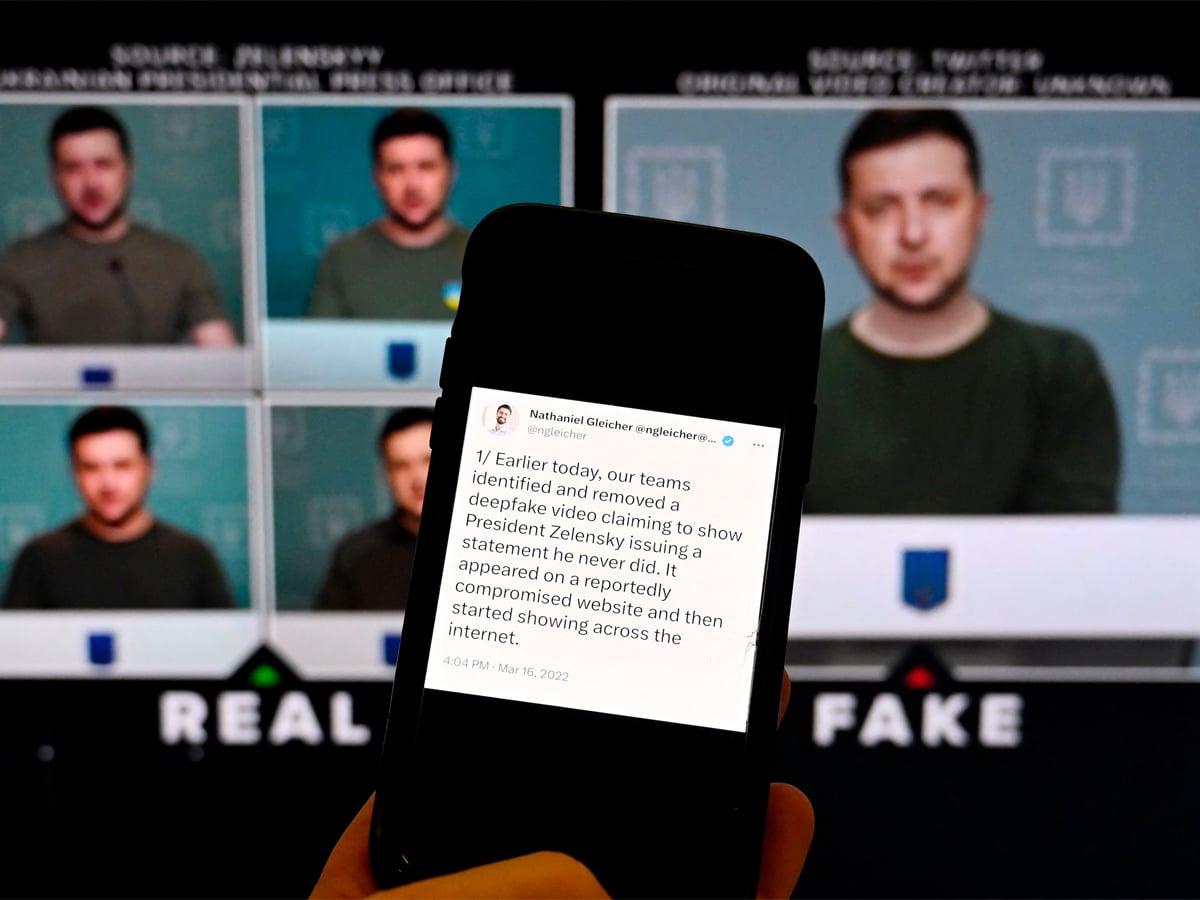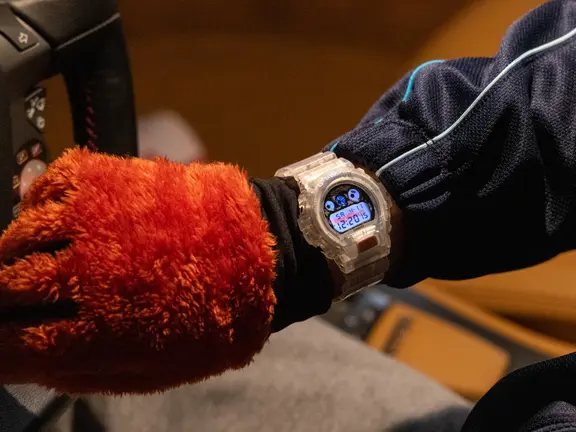
Published:
Readtime: 3 min
Every product is carefully selected by our editors and experts. If you buy from a link, we may earn a commission. Learn more. For more information on how we test products, click here.
The hype around AI and chatbots like Bard and ChatGPT is leading to an explosion of AI-generated content, from pictures to written content. However, not everyone is using this technology for good. Recently, scammers pulled off an elaborate scheme using deepfake technology to defraud a Hong Kong finance professional of a whopping USD $25 million (AUD $38 million). The South China Morning Post reported that a multinational corporation’s office in Hong Kong took a major hit of HK$200 million (about USD $25.6 million) due to an elaborate deepfake scam.
Scammers pulled off this whole heist via a fake video conference call featuring digitally altered versions of the company’s CFO and other staff, convincing an unsuspecting employee to transfer funds. The scammers convincingly impersonated the appearances and voices of the CEO and other staff using publicly available video and audio footage, leading the finance professional to believe in them and transfer the money.
RELATED: This Nigerian Scammer Sold a Fake Airport for £242 Million.

The whole thing started when the company’s finance department in Hong Kong received a fake email supposedly from their UK-based CFO, instructing them to make secret transactions. Despite doubts, the employee transferred HK$200 million to different Hong Kong bank accounts after seeing the CFO and others in a video call. It was discovered to be a scam a week later, leading to a police investigation.
Deepfake technology leverages advanced AI tools to create eerily realistic fake videos and audio recordings, making it tough for people and companies to tell what’s real and what’s not. As this technology evolves, distinguishing genuine from fabricated content becomes increasingly difficult, particularly in the age of social media. Hong Kong police are investigating the scam and no arrests have been made.

No details about the company affected by the scam have been released; however, the police did call the whole case “the first of its kind” in the city involving a massive sum of money. While talking about the the deepfake scam, Acting Senior Superintendent Baron Chan Shun-ching said that previous reported cases involved victims who were tricked in one-on-one video calls. He further added, “This time, in a multi-person video conference, it turns out that everyone you see is fake.”
While completely stopping deepfakes might be challenging, police recommend vigilance and also offer tips for verifying identities in video calls, such as requesting specific head movements or answers to personal questions, especially when dealing with financial requests. This latest sophisticated theft again highlights the increasing worry surrounding the misuse of AI technology, a concern that has gained significant attention in light of recent events such as the proliferation of fake explicit images featuring celebrities like Taylor Swift and, more recently, Drake.
You’ll also like:





























Comments
We love hearing from you. or to leave a comment.